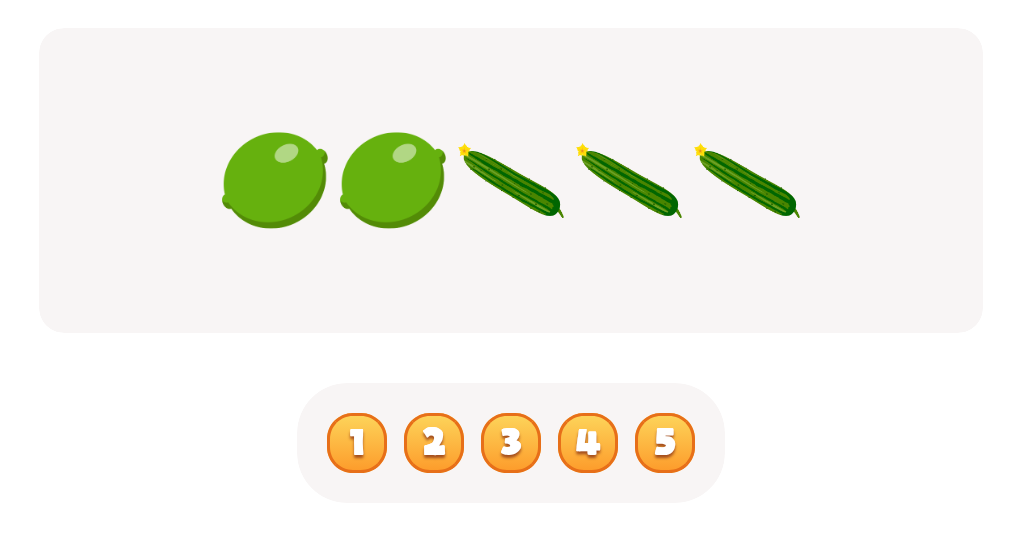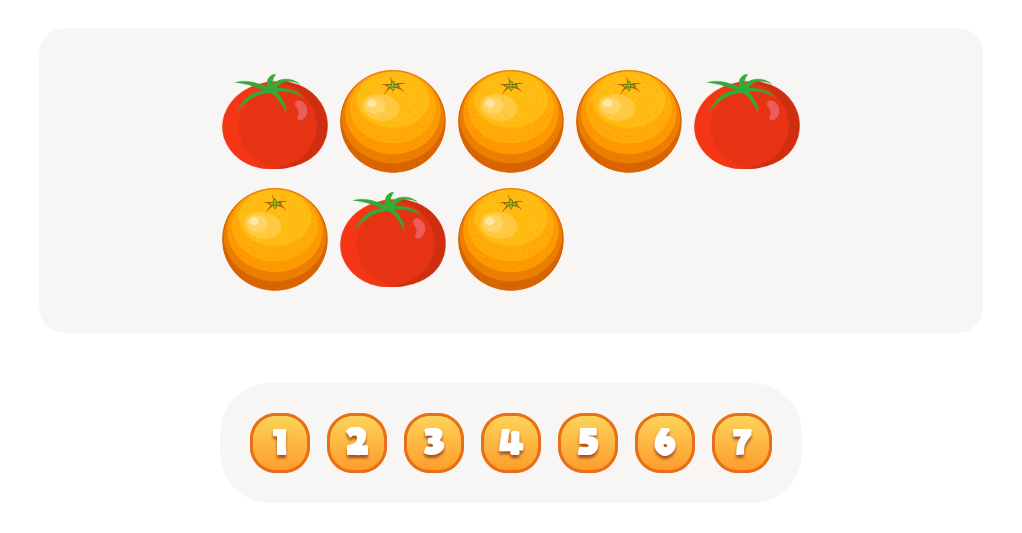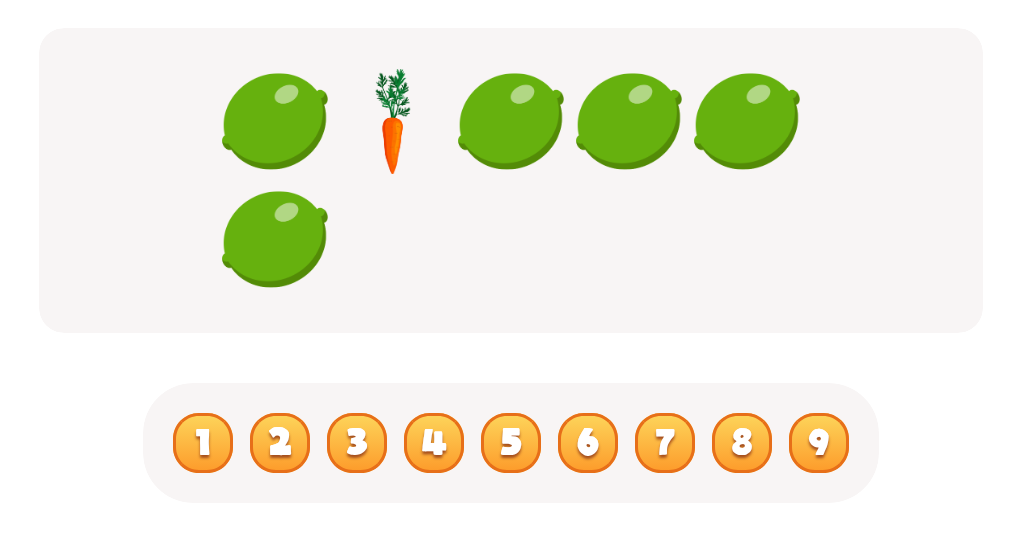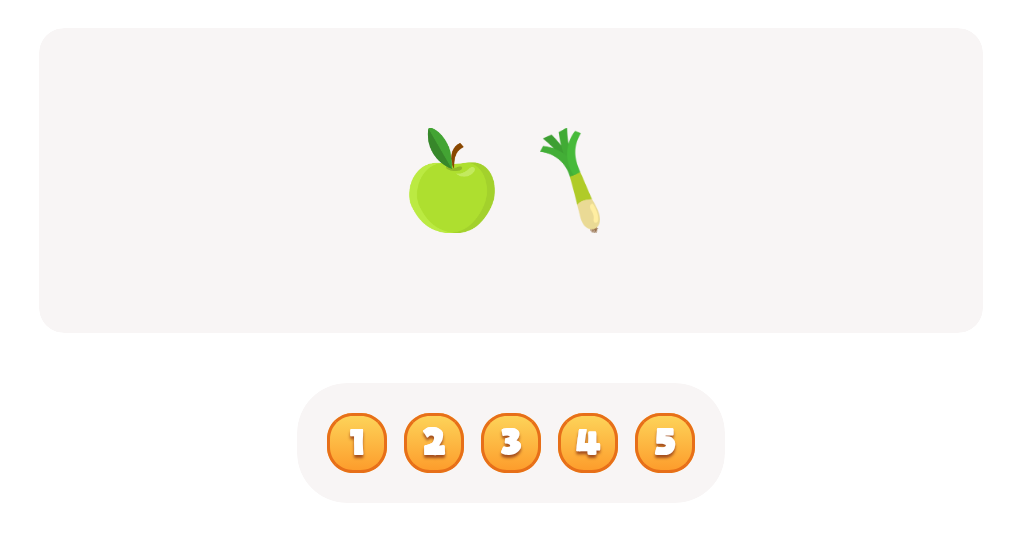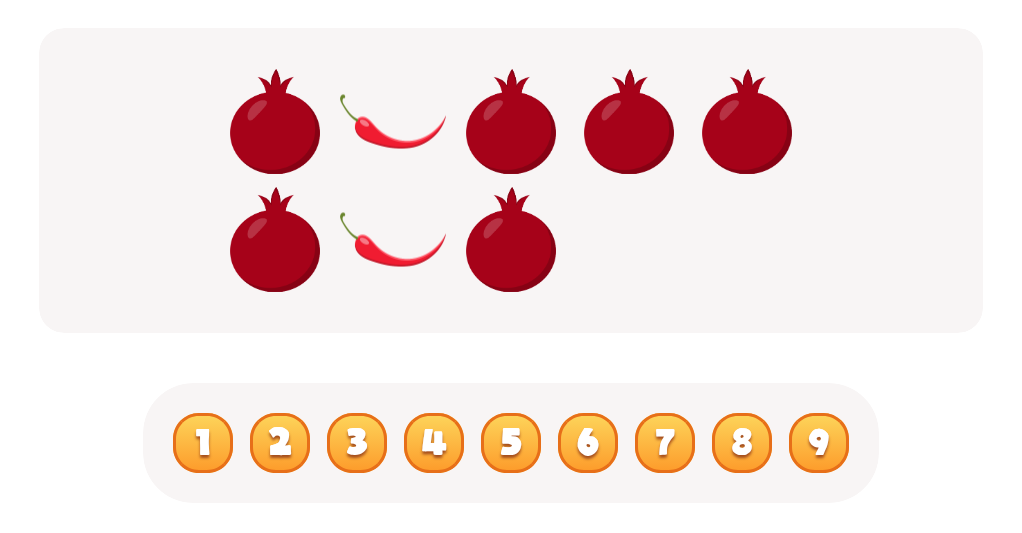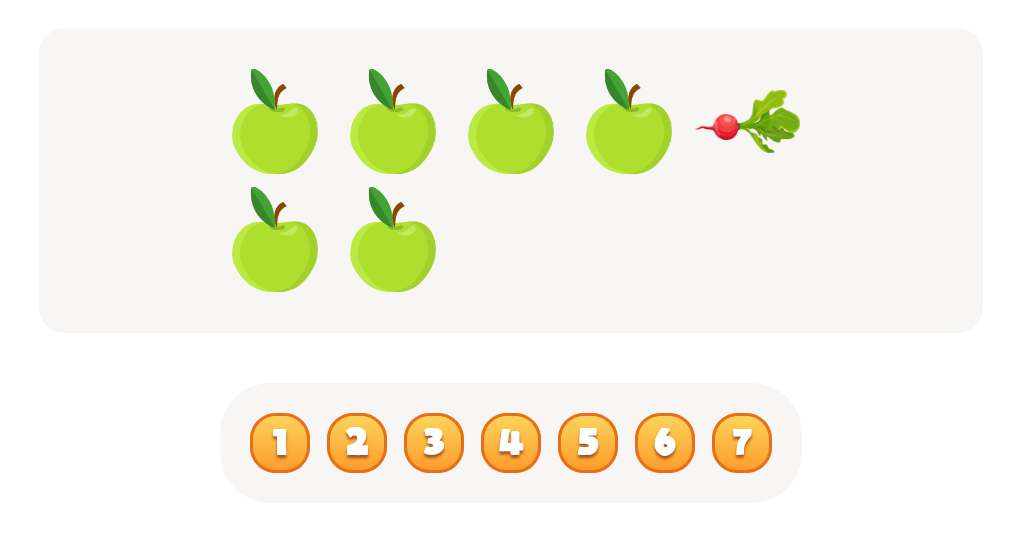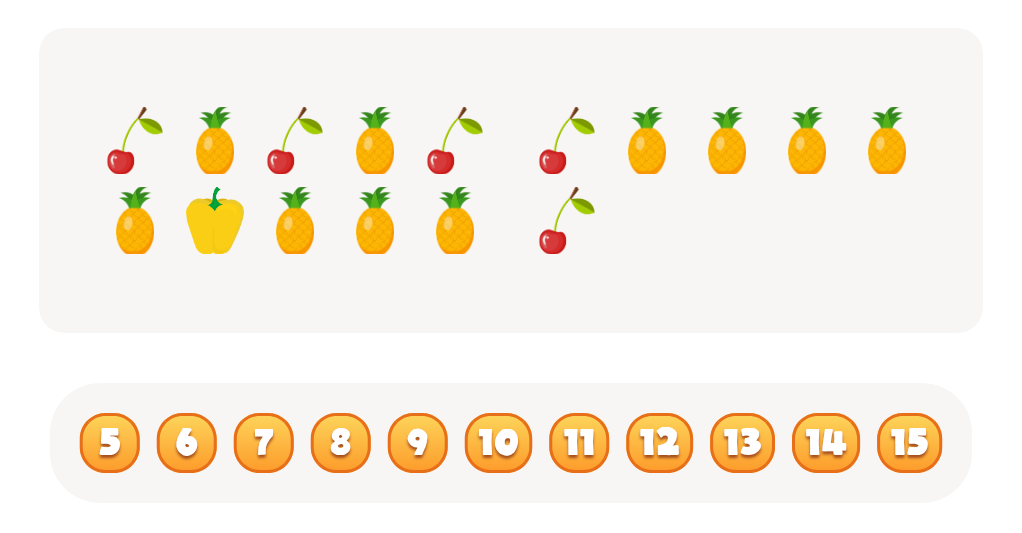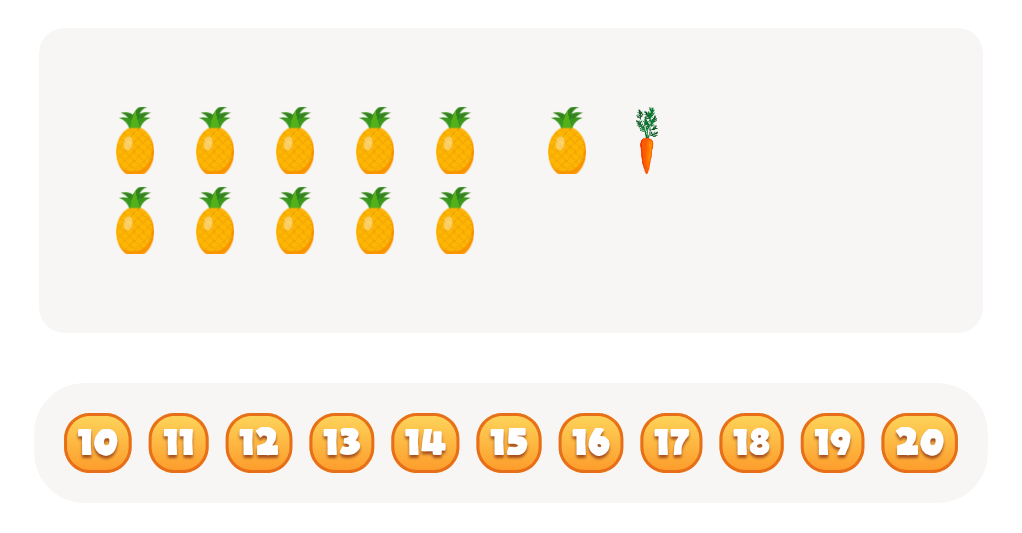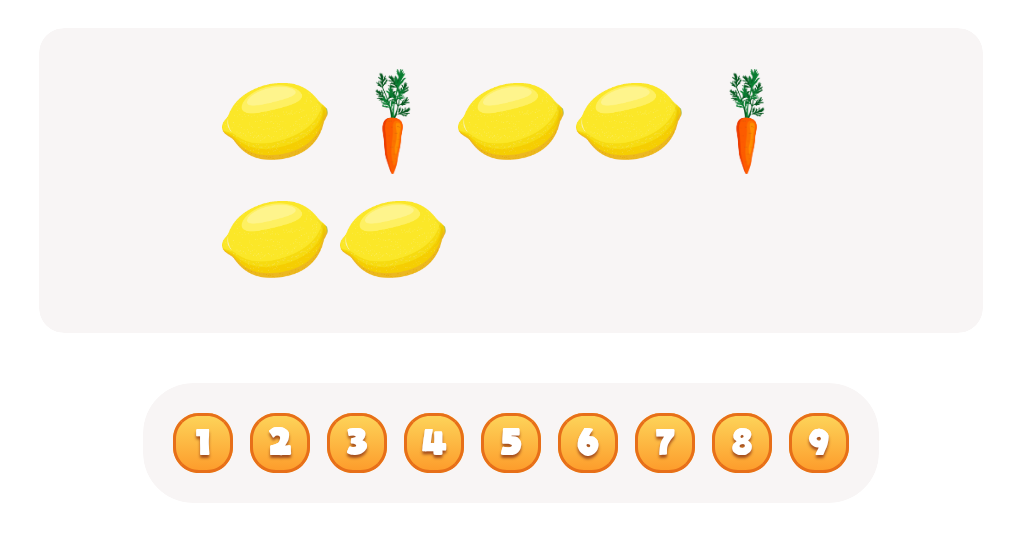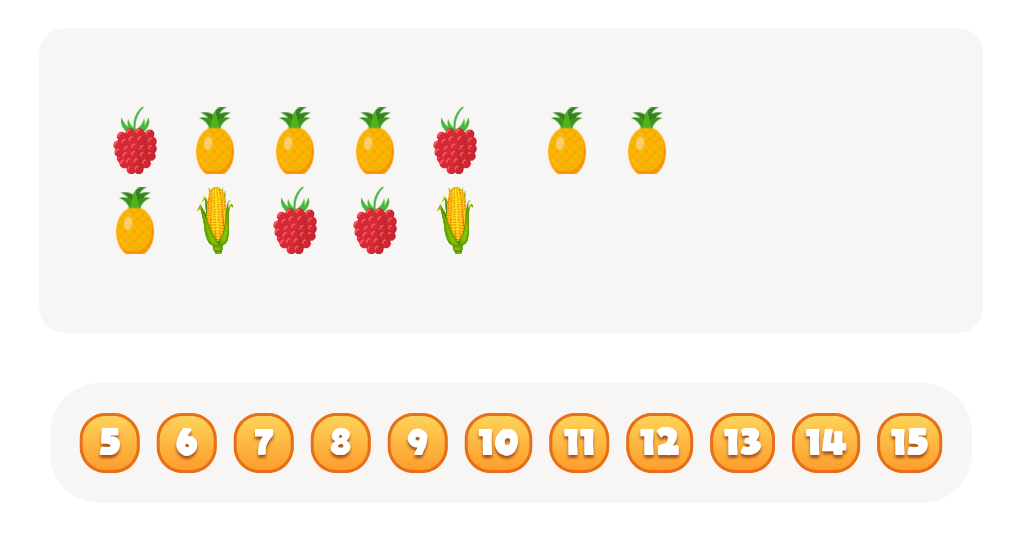Counting practice Plants and Animals Worksheets for 8-Year-Olds
3 filtered results
-
From - To
Enhance your child's counting skills with our engaging Counting Practice Plants and Animals Worksheets designed for 8-year-olds! These interactive printables combine exciting visuals of plants and animals, making learning fun and relatable. Each worksheet encourages children to count various objects, reinforcing their numeracy skills through enjoyable activities. Perfect for classrooms or at-home learning, these resources help children understand number sense while developing their knowledge of the natural world. Download our worksheets today to provide your child with a rich learning experience that fosters both counting abilities and an appreciation for plants and animals! Empower your little learner with our educational tools now!
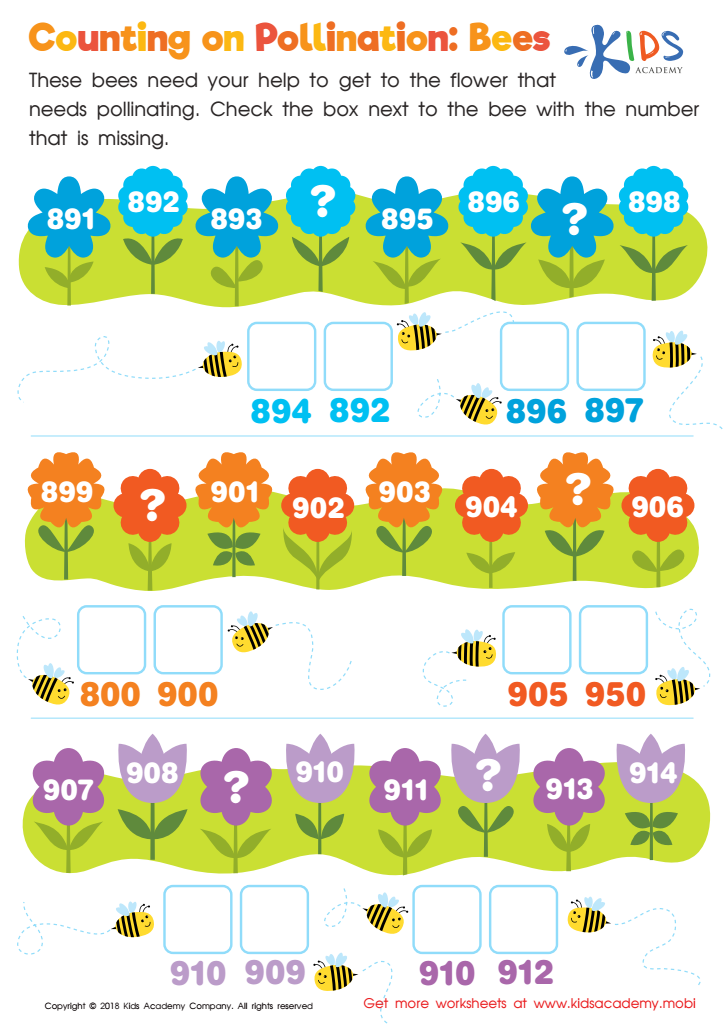

Counting on Pollination: Bees Worksheet


More Octopus Facts Worksheet
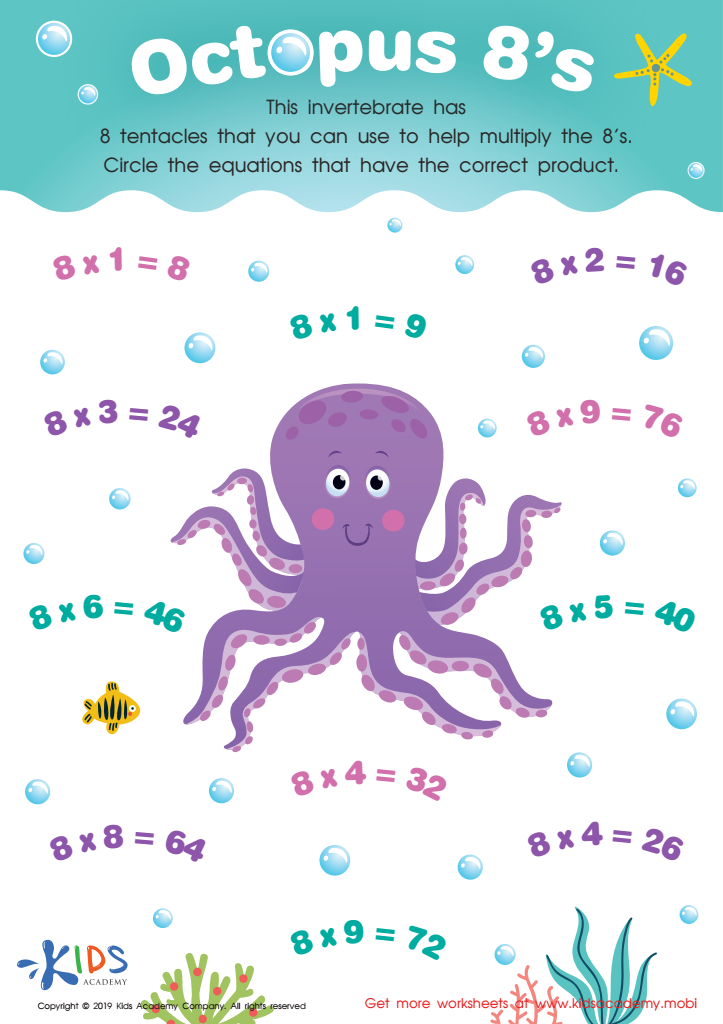

Octopus 8’s Worksheet
Counting practice involving plants and animals is crucial for 8-year-olds as it intertwines mathematical skills with real-world contexts. At this age, children are developing concrete operational thought, meaning they can think logically about concrete objects. By incorporating plants and animals into counting activities, we engage them in hands-on learning that enhances both their numerical understanding and appreciation for the environment.
When children count and categorize plants and animals, they not only practice basic arithmetic but also learn through exploration and observation, deepening their connection to nature. This practice supports cognitive development, as it encourages critical thinking and problem-solving skills. Furthermore, engaging with living things fosters a sense of responsibility and care for the environment, aligning with broader educational goals around sustainability and ecology.
Moreover, incorporating counting with tangible items makes learning more engaging. It can break the monotony of traditional math problems, providing a more enjoyable learning experience. As students practice counting plants and animals, they improve their numeracy skills in a meaningful context, bridging the gap between math and science. Ultimately, this integrated approach can aid in nurturing well-rounded, environmentally conscious individuals who are better equipped for future academic challenges.

 Assign to My Students
Assign to My Students
